More suspected graves found near Canada indigenous school
An Indigenous community in western Canada has discovered around 100 suspected unmarked graves near the site of a former residential school for forced assimilation of natives, according to the officials.
"What we found was heartbreaking and devastating," Jenny Wolverine, chief of the English River First Nation Indigenous group, told a news conference on Tuesday. "To date, there are 93 potential unmarked graves, 79 children and 14 infants."
"Let me be clear... this is not a final number," she said, warning that the death toll could be higher.
The discoveries, near the site of what was the Beauval Indian residential school in the province of Saskatchewan, were made using ground-penetrating radar.
According to the University of Regina, the residential school was demolished by former students after its closure in 1995.
Since 2021, Aborigine communities across Canada have registered more than 1300 unmarked graves near religious educational institutions, which took in Indigenous children for more than a century as part of a Canadian policy of forced assimilation of the country's native population.
By way of background, some 150,000 Indigenous children were forcefully separated from their families and packed into 139 residential schools across Canada from the late 19th century to the mid-1990s.
The residential system for the forced assimilation of Canada's indigenous population cut off these native children from their family, language, and culture.
Canada's colonial history was brought back into the spotlight after the discovery in the spring of 2021 of the first child graves associated with a school.
The residential schools for natives were run by the Catholic Church and the Canadian government, with the sole objective set to "kill the Indian" in the heart of the indigenous child.
In 2008, the Ottawa government, and in 2022, the Catholic Church’s Pope Francis offered their apologies to the native Canadians.
"We have heard 'I am sorry,'" Wolverine said, adding that native Canadians are asking instead that the government put words into action.
"We... ask Canada and Saskatchewan to accept the wrong" and "reflect in their approaches with Indigenous governments," Wolverine said, to ensure "history never repeats itself."
A national truth and reconciliation commission was set up to investigate the issue, which declared in 2015 that the forced placement of Indigenous children in the forced residential school system amounted to "cultural genocide" against the country's rightful owners.
The documents revealed that many students had lost their lives from exposure to outbreaks of measles, tuberculosis, influenza, and other contagious diseases.
Over 4100 children who died due to disease or in accidents at schools have been identified to date. They were often buried in unmarked graves, without identification or notice to their parents.
Moreover, while the residential schools may be closed, Indigenous children continue to be separated from their families in disproportionate numbers.
According to the country's census data, in 2016, more than 52 percent of foster care children were Indigenous, while Indigenous children only made up 7.7 percent of Canada's foster children in care population.
This systematic discrimination against Indigenous people in Canada has existed for decades. Despite making up just 5 percent of the country's population, almost 30 percent of the country's prisoners are believed to be of native origin.
IRGC intelligence forces capture agent linked to foreign espionage service
VIDEO | Palestinians in Yarmouk Camp cling to hope and determination
Israel preparing to stay in southern Lebanon after ceasefire: Report
Israeli pressure on Hamas ‘hardly helped’; swap deal necessary: Ex-Mossad chief
Far-right Israeli minister Ben-Gvir again storms al-Aqsa Mosque
Iran: Israel’s attack on journalists’ vehicle in Gaza amounts to ‘war crime’
VIDEO | Israel’s war spending
Palestine Action wins again


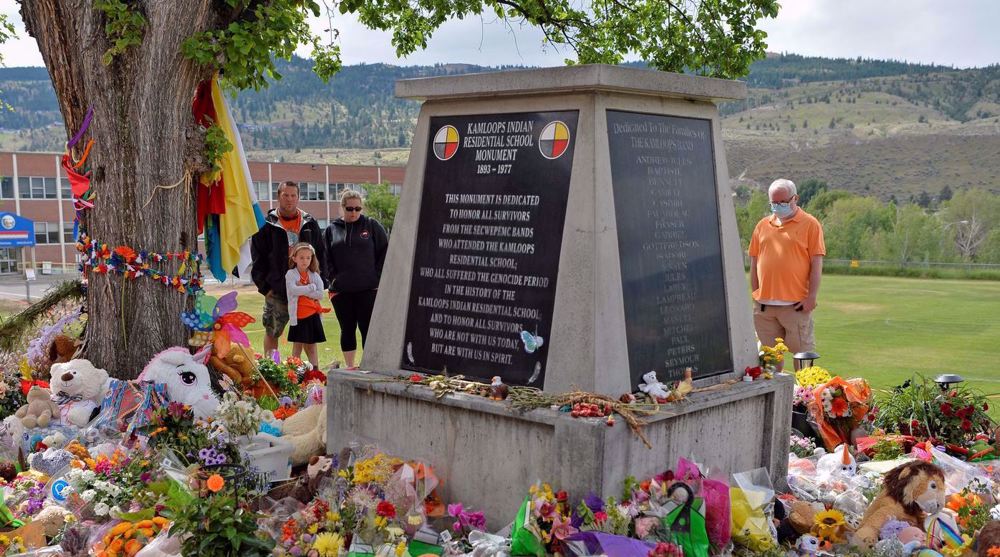
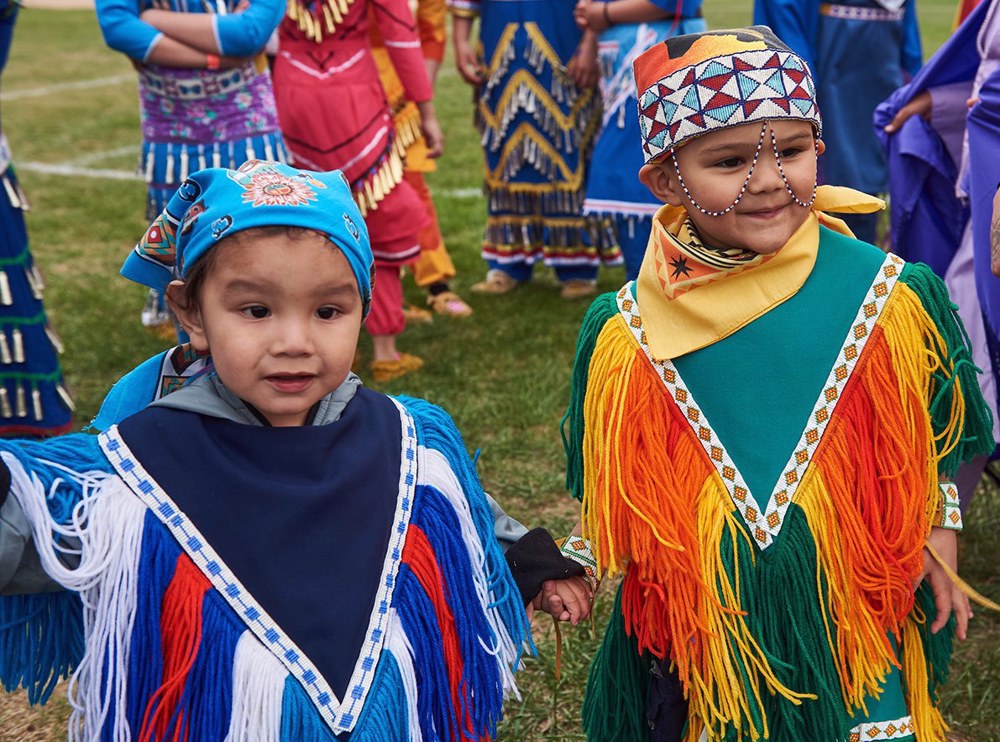
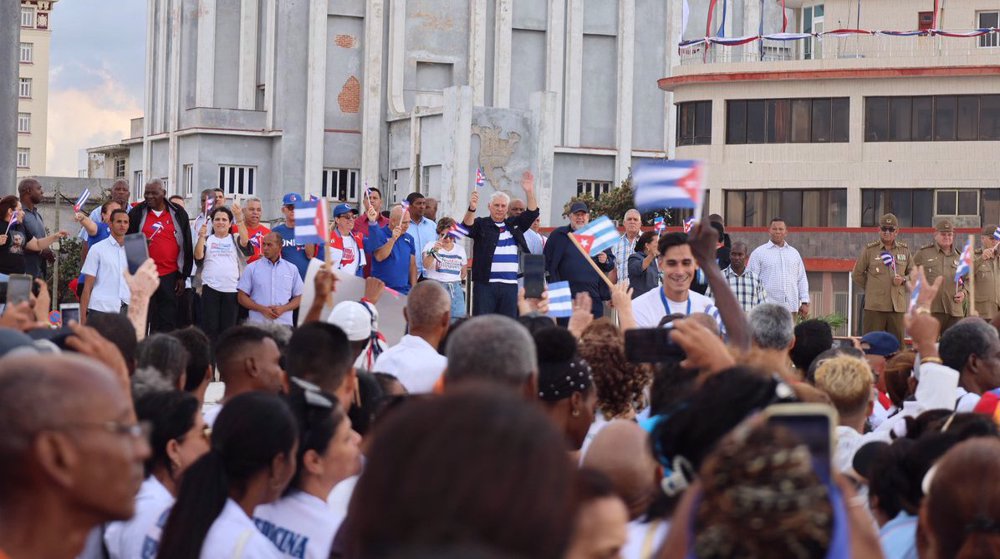
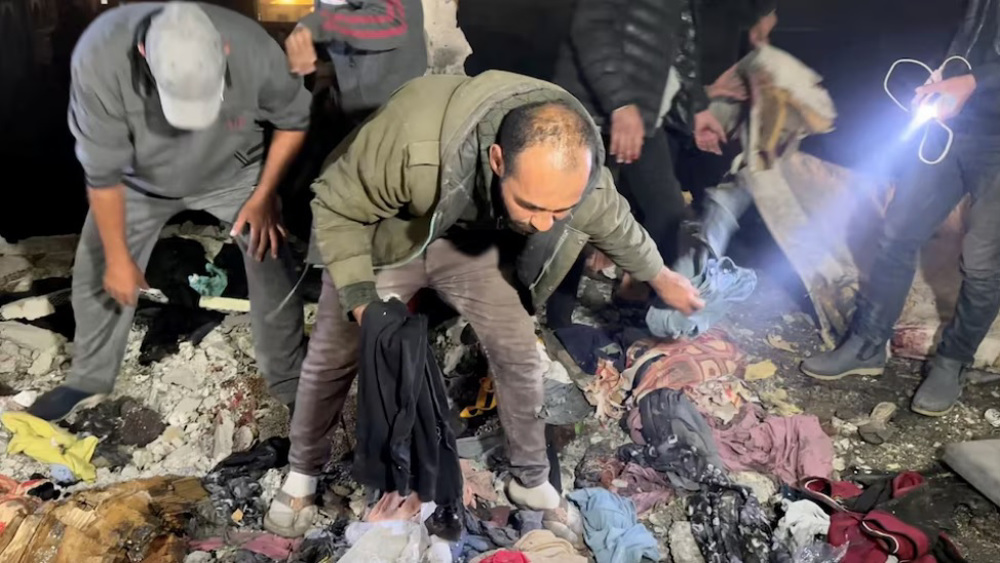




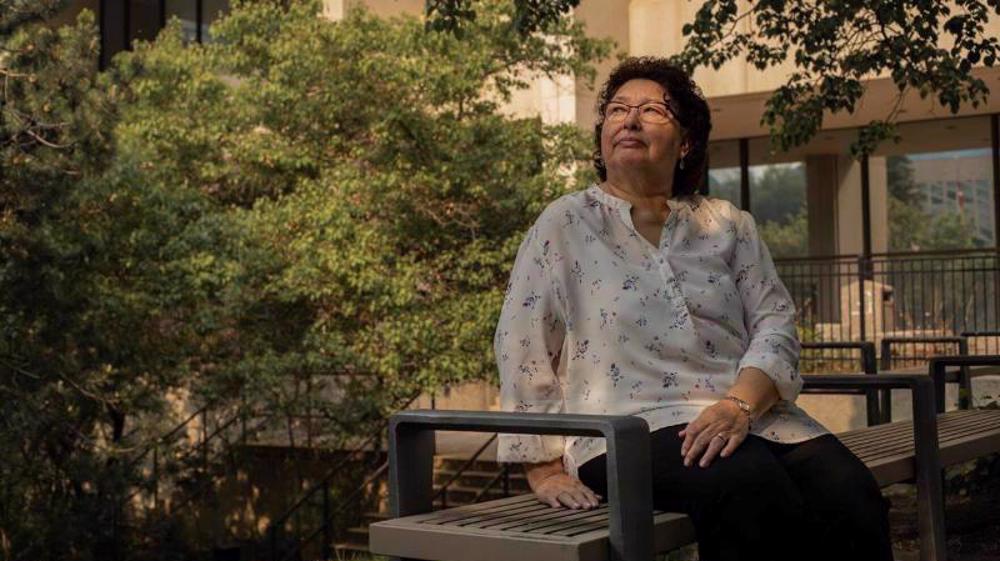
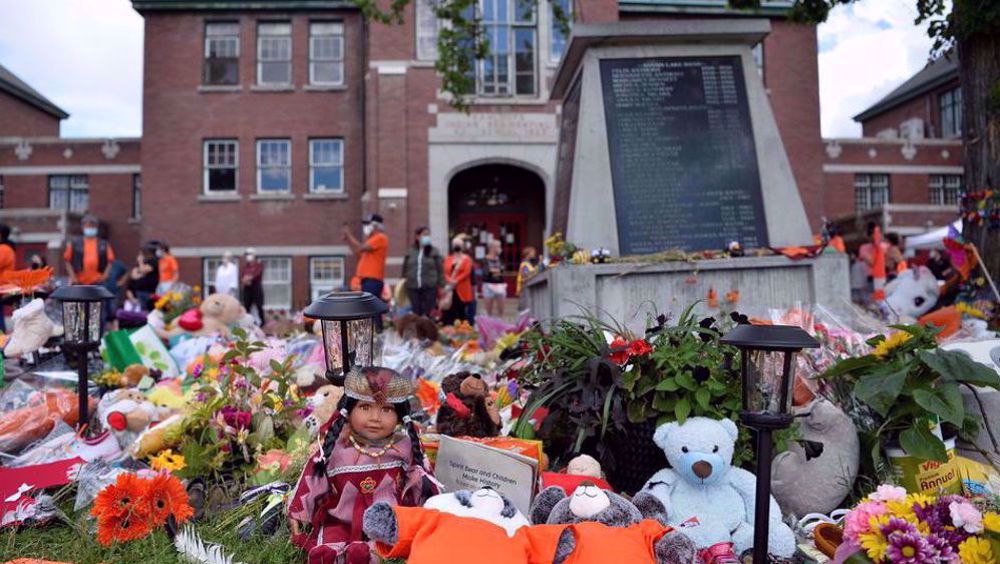
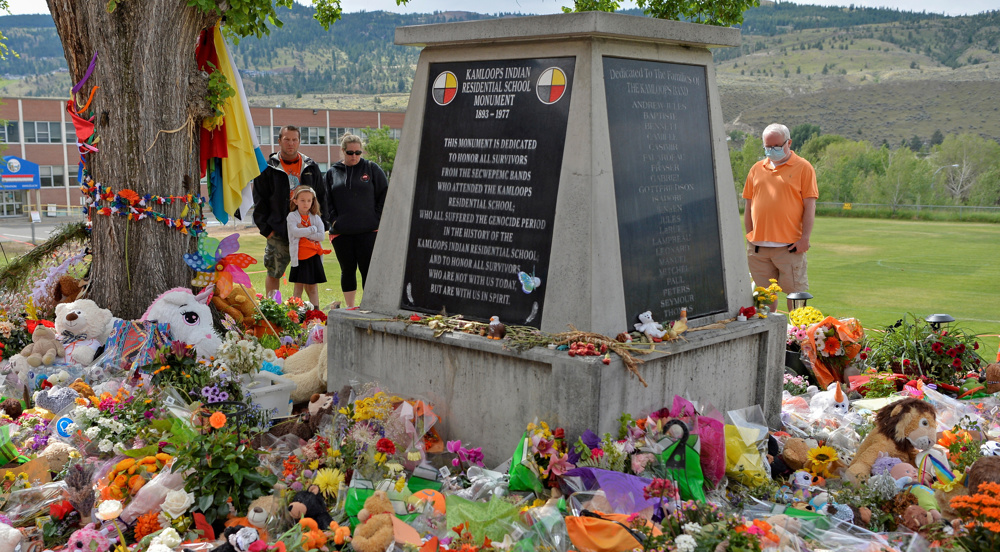

 This makes it easy to access the Press TV website
This makes it easy to access the Press TV website